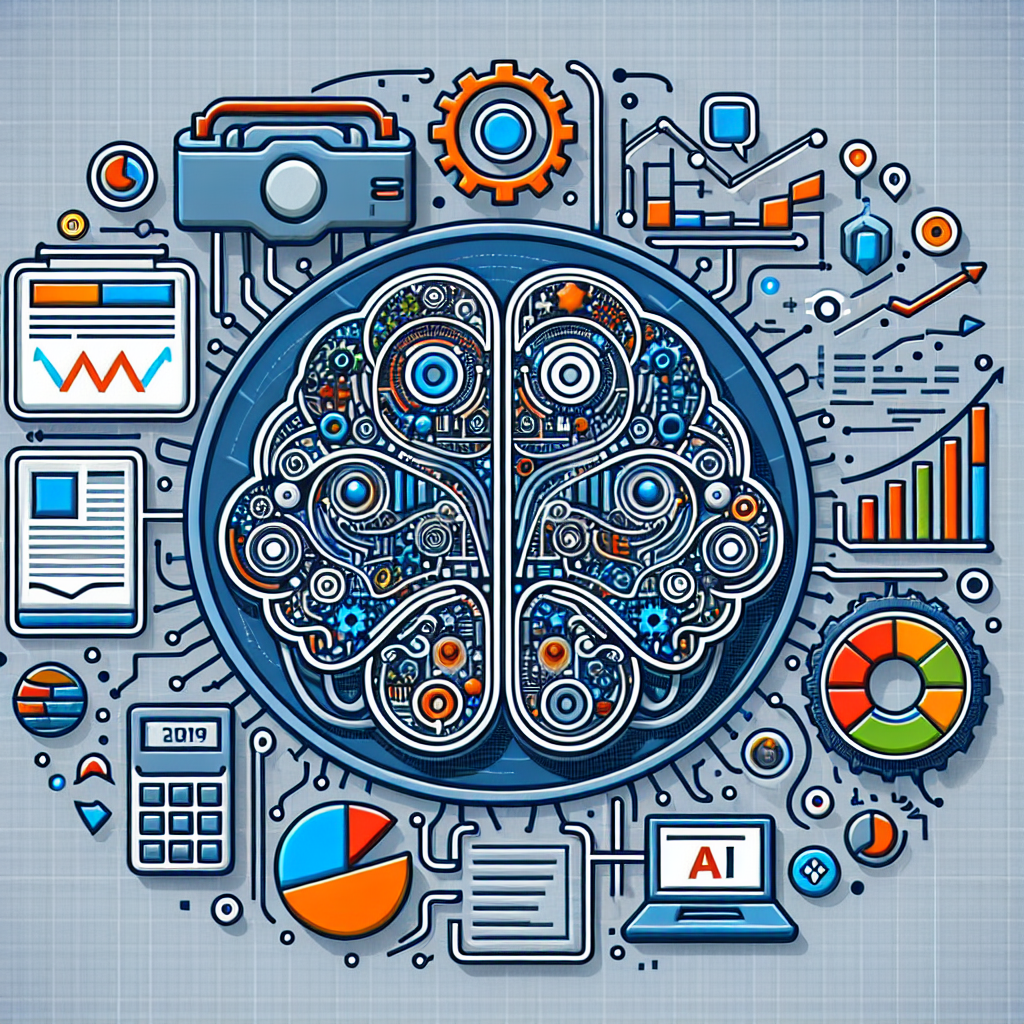Implementing AI in Marketing Attribution Modeling
Marketing attribution modeling is a crucial aspect of any marketing strategy as it helps businesses understand the impact of their marketing efforts on driving conversions and sales. Traditional attribution models often rely on static rules or heuristics to allocate credit to different marketing touchpoints leading to a conversion. However, with the rise of artificial intelligence (AI) and machine learning, businesses now have the opportunity to leverage advanced algorithms to improve the accuracy and effectiveness of their marketing attribution modeling.
AI-powered attribution modeling allows businesses to analyze massive amounts of data from various channels and touchpoints, making it possible to attribute credit more accurately to the channels that actually contribute to conversions. By leveraging AI, businesses can gain deeper insights into customer behavior, identify the most effective marketing channels, and optimize their marketing campaigns for better ROI.
Benefits of Implementing AI in Marketing Attribution Modeling
1. Improved accuracy: AI algorithms can analyze vast amounts of data and identify patterns and trends that may be missed by traditional attribution models. This leads to more accurate attribution of credit to different marketing touchpoints, helping businesses make better-informed decisions about their marketing strategies.
2. Real-time insights: AI-powered attribution modeling can provide real-time insights into the performance of marketing campaigns, allowing businesses to adjust their strategies on the fly and optimize their marketing spend for maximum impact.
3. Better understanding of customer behavior: AI algorithms can analyze customer data from multiple touchpoints and channels to gain a deeper understanding of customer behavior and preferences. This insight can help businesses create more targeted and personalized marketing campaigns that resonate with their target audience.
4. Optimization of marketing campaigns: By accurately attributing credit to different marketing touchpoints, businesses can optimize their marketing campaigns for better ROI. AI-powered attribution modeling can help businesses identify the most effective channels and allocate their marketing budget accordingly.
5. Scalability: AI-powered attribution modeling can handle large volumes of data and scale as businesses grow, making it a cost-effective solution for businesses of all sizes.
Challenges of Implementing AI in Marketing Attribution Modeling
While AI-powered attribution modeling offers numerous benefits, there are also some challenges that businesses may face when implementing this technology:
1. Data quality and integration: AI algorithms require clean and accurate data to function effectively. Businesses may need to invest in data quality and integration tools to ensure that their data is reliable and consistent across all channels.
2. Talent and expertise: Implementing AI-powered attribution modeling requires expertise in data science and AI technologies. Businesses may need to hire data scientists or partner with external vendors to implement and maintain the AI algorithms.
3. Complexity: AI algorithms can be complex and difficult to understand for non-technical users. Businesses may need to invest in training and education to ensure that their teams can effectively leverage AI-powered attribution modeling.
4. Cost: Implementing AI-powered attribution modeling can be expensive, especially for small and medium-sized businesses. Businesses may need to weigh the cost of implementation against the potential benefits of improved attribution accuracy and ROI.
FAQs about Implementing AI in Marketing Attribution Modeling
Q: What is marketing attribution modeling?
A: Marketing attribution modeling is the process of assigning credit to different marketing touchpoints that lead to a conversion. It helps businesses understand the effectiveness of their marketing campaigns and optimize their marketing spend for better ROI.
Q: How does AI-powered attribution modeling differ from traditional attribution models?
A: AI-powered attribution modeling uses advanced algorithms to analyze large volumes of data and identify patterns and trends that may be missed by traditional models. This leads to more accurate attribution of credit to different marketing touchpoints.
Q: What are the benefits of implementing AI in marketing attribution modeling?
A: Some benefits of implementing AI in marketing attribution modeling include improved accuracy, real-time insights, better understanding of customer behavior, optimization of marketing campaigns, and scalability.
Q: What are some challenges of implementing AI in marketing attribution modeling?
A: Some challenges of implementing AI in marketing attribution modeling include data quality and integration, talent and expertise, complexity, and cost.
Q: How can businesses overcome these challenges?
A: Businesses can overcome these challenges by investing in data quality and integration tools, hiring data scientists or partnering with external vendors, investing in training and education, and carefully weighing the cost of implementation against the potential benefits.
In conclusion, implementing AI in marketing attribution modeling can help businesses gain deeper insights into customer behavior, optimize their marketing campaigns for better ROI, and make more informed decisions about their marketing strategies. While there are some challenges associated with implementing AI-powered attribution modeling, the benefits far outweigh the potential drawbacks. By leveraging AI technology, businesses can stay ahead of the competition and drive better results from their marketing efforts.

